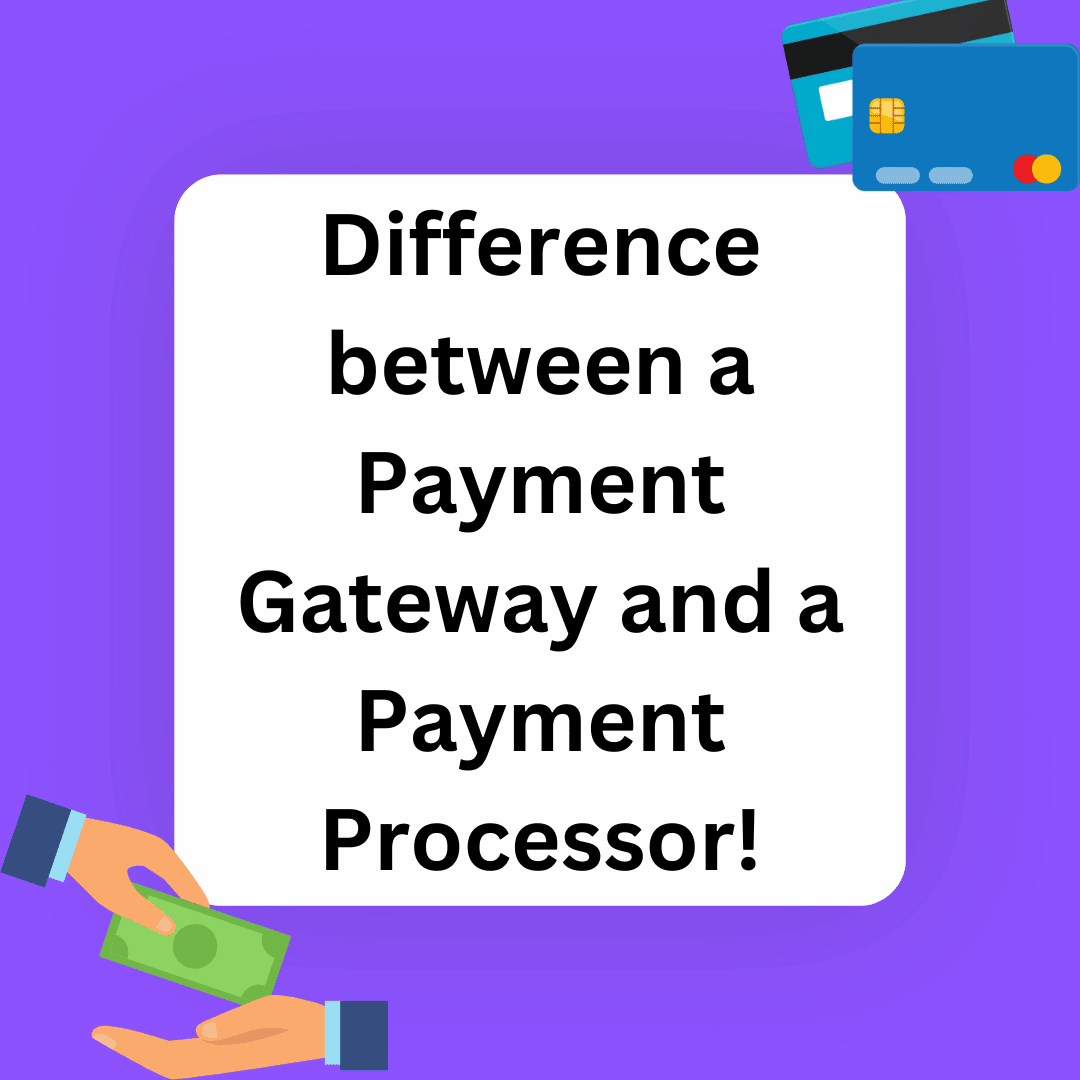Smaller scale, but bigger impact — that’s the essence of micro SaaS. Instead of competing with the big tech giants on their playground, it encourages you to carve out your niche where you can dominate. Many startups miss the point because they get dazzled by the scale of broader markets. However, the real opportunity lies in identifying precise pain points in specialized areas and addressing them with razor-sharp efficiency. In this guide, we’ll explore how micro SaaS allows for agility and deep market penetration, even for solo entrepreneurs.
What Is Micro SaaS Exactly?
Micro SaaS strips down the traditional SaaS model to its core elements — solving specific problems, for specific users, with minimal complexity. Typically run by one person or a small team, these ventures focus on delivering high-value, niche software solutions. They operate on low-cost infrastructures, often relying on third-party platforms for backend services, which slashes operational costs and barriers to entry.
Unlike classic SaaS models that chase expansive markets and broad feature sets, micro SaaS targets are surgically precise. This allows for a deeper understanding of customer needs and more tailored, effective solutions. The contrast is stark — classic SaaS companies burn cash to capture and convert, while micro SaaS businesses spend smarter to engage and entrench within their chosen niches.

Benefits of Micro SaaS
Low Overhead Costs
Micro SaaS businesses save lots of costs. They use existing platforms and hire saas developers only for core features. By doing so, they sidestep the heavy financial burdens that bog down many startups. This, in turn, enables aggressive pricing models that disrupt established markets.
Faster Adaptability
The agility of this model goes beyond quick software updates. It’s about intimately knowing a niche market and being able to react to shifts with unparalleled speed. This is critical in environments where customer preferences evolve rapidly or where being first to market can define leadership. Such nimbleness is a strategic advantage.
Highly Targeted Niche Markets
Micro SaaS companies normally serve a tightly defined market segment. As a result, they usually enjoy unmatched customer loyalty and higher conversion rates. Moreover, their marketing efforts can be highly targeted. This often results in more effective campaigns and better use of marketing dollars.
Sustainable Business Model
The streamlined focus of this approach leads to a sustainable business model that supports steady, organic growth. It eschews the boom-or-bust cycle seen in many tech startups and favors instead a steady accumulation of dedicated users. Such sustainability is especially appealing in today’s volatile market, where long-term viability often trumps quick wins.
10 Micro SaaS Ideas for Startups
Now, what exactly can the framework offer to your startup? Below are a few ideas for inspiration. Discuss the ones that appeal to you with your SaaS development agency to see if they fit your budget and resources.
1. Niche Event Management Platform
Imagine a platform specifically designed for organizing and managing pet shows. Such a platform could handle registrations, scheduling, and notifications tailored to pet show enthusiasts and organizers. Unlike generic event management software, this would offer features like participant pet profiles, breed-specific information, and customizable judging criteria. You could expand to other niche events, applying the same detailed focus to meet specific community needs.

2. Freelancer Portfolio and Project Management Tool
Freelancers in creative fields like writing, graphic design, and video production often juggle multiple projects and clients. A product that helps them showcase their portfolios as well as manage project timelines, client feedback, and payments would be incredibly valuable. This tool would integrate with existing platforms like LinkedIn or Behance to enhance project management features that are not currently emphasized on those platforms.
3. Customized Diet and Nutrition Planner
Think of a tool specifically designed for people with specific dietary needs — such as gluten-free, keto, or vegan diets. This platform could offer meal planning, recipes, and nutritional tracking tailored to these requirements. To set it apart from general diet apps, you could integrate it with grocery delivery services or provide AI-driven meal suggestions.
4. Small Business HR Compliance Tool
A micro SaaS focusing on HR compliance for small businesses in specific regions could be incredibly beneficial. This platform would provide up-to-date information on
- local employment laws,
- customizable employee handbooks,
- and automated compliance checks.
It would help small business owners stay compliant without the need for expensive HR consultations.
5. HOA (Homeowner Association) Management Software
Manage everything from dues to disputes for small to medium-sized homeowner associations. This tool would offer features like
- digital voting,
- event management,
- dues processing,
- and maintenance request tracking.
The key is to simplify the administration for HOA members and boards and provide a clear, customizable interface that caters specifically to HOA needs.
6. Boutique Hotel Management System
Create a product tailored for boutique hotels that focuses on unique needs like guest experience enhancement, local tourism integration, and event management. This system could include features for personalized guest communication, room preference tracking, and local experience bookings.
Additionally, integrating hotel casting capabilities allows guests to stream their preferred content from personal devices to in-room televisions, enhancing their overall stay and satisfaction.
7. Subscription Box Management Platform
This would cater to businesses that offer subscription box services. It could provide tools for
- inventory management,
- subscriber management,
- and box customization.
The platform could help users track preferences and feedback to improve their product offerings and customer satisfaction.
8. Academic Research Project Management Tool
Develop a tool specifically for managing academic research projects that involve multiple collaborators across institutions. Features could include
- research timeline planning,
- funding and grant management,
- publication tracking,
- and data compliance management.
This tool would help researchers stay organized and meet various administrative requirements more efficiently.
9. Indie Game Developer Platform
This platform would provide indie game developers with tools to manage their development process, including version control, beta testing feedback aggregation, and monetization strategy planning. It would focus on the unique needs of small game development teams and provide a cohesive environment that supports their project from concept to launch.
10. Craft Brewery Inventory and Distribution Management
Software specifically for craft breweries could manage production schedules, inventory, and distribution channels. It would also provide tools for tracking ingredient sourcing, batch testing results, and compliance with local beverage control regulations. Integration with sales platforms and distribution logistics could make this a comprehensive tool tailored to the needs of small to medium-sized breweries.

Choosing a SaaS Development Agency: A Detailed Guide
When you’re ready to turn your micro SaaS idea into reality, your next step is to select the right development agency. Here are a few tips on how to find and collaborate with developers to ensure your startup’s success.
1. Define Your Requirements Clearly
Before you even start looking for an agency, you need to have a clear understanding of what your product needs to do. Prepare a detailed list of features, your target market, and specific challenges your software will address. This clarity will help agencies provide accurate quotes.
2. Search for Specialized Experience
Look for agencies that have experience in developing similar types of software or those that have worked extensively in your target industry. Check their portfolios for case studies, and specifically note any projects that align with your vision.
3. Evaluate Technical Expertise
Once you have a shortlist, evaluate the technical expertise of each agency. Ask about the technologies they use, their reasons for choosing these technologies, and examples of their past work. The agency’s technical capabilities must align with the tech stack you intend to use (or have sound reasons to recommend an alternative).
Depending on your needs, this may also be the stage where you decide whether to hire Node.js developers or explore other frameworks that align more closely with your project’s architecture and long-term vision.
4. Check Client References and Reviews
Reach out to former clients or read online reviews to gauge the agency’s
- reliability,
- adherence to deadlines,
- and ability to stay within budget.
Client testimonials can provide insights into how the agency handles communication, project management, and any post-launch support.
5. Discuss and Understand Their Development Process
Inquire about their methodologies — do they use Agile, Scrum, or Waterfall? How do they handle changes or feature requests mid-development? A good agency should have a structured process that includes regular updates and checkpoints with the client.
6. Focus on Communication
Discuss how communication will be handled throughout the project. Who will be your point of contact? How often will you receive updates? What tools do they use for communication? Ensure that their communication style matches your expectations.
7. Plan for Post-Launch Support
Software development doesn’t end at launch. You’ll need ongoing support for bug fixes, updates, and possibly scaling. Discuss with potential agencies their approach to post-launch support. What kind of maintenance contracts do they offer? Are they available for future iterations of your product?
8. Ask About Intellectual Property Ownership
Ensure that you retain ownership of the complete source code and all related intellectual property. This detail should be explicitly outlined in your contract.
9. Negotiate Clear Contract Terms
Once you’ve chosen an agency, make sure the contract clearly defines the scope of work, timelines, costs, and deliverables. Pay attention to clauses related to additional charges and confidentiality (in addition to the aforementioned intellectual property rights).
10. Establish a Collaboration Framework
Finally, establish a framework for collaboration that includes
- regular meetings,
- timelines for feedback,
- and predefined milestones for deliverables.
This structure will keep the project on track and ensure that both you and the development team are aligned throughout the process.

***
All in all, successful collaboration hinges on transparency, mutual respect, and clear communication. Regularly engage with your development team, provide timely feedback, and be open to suggestions. Remember, while you are the visionary, they bring valuable technical expertise that can make your vision viable.
Final Thoughts
To wrap it up, micro SaaS may be a smarter, leaner path to success for some startups. Its beauty is in that it offers a way to quickly gain market traction without the typical risks associated with new ventures. The opportunities here are limited only by your ability to pinpoint and solve a unique problem (as well as by the competence of the developers you hire for the job).
(Image Credit: spotSaaS)




